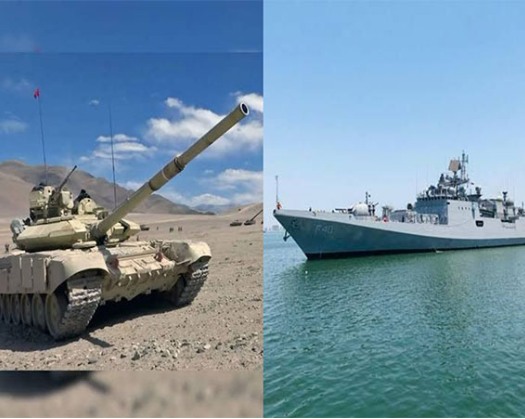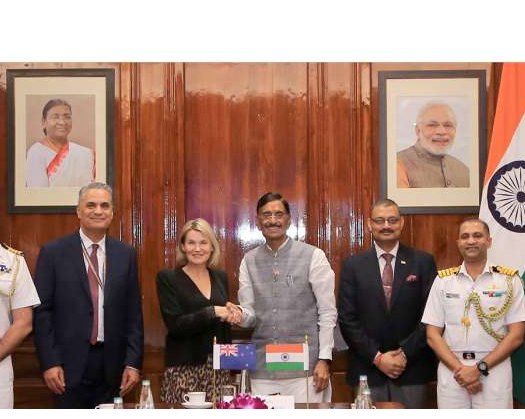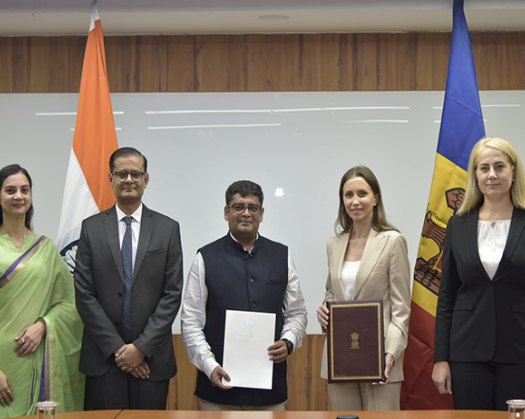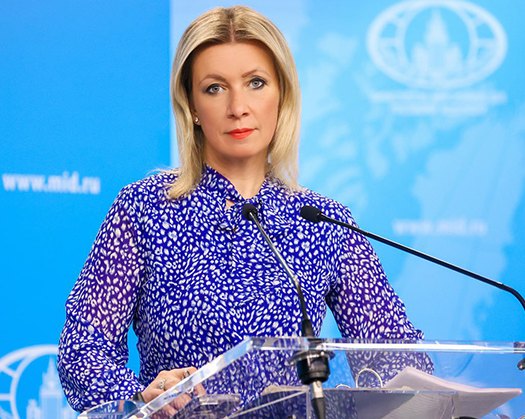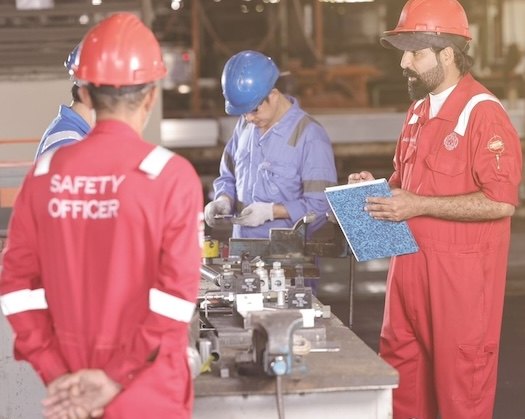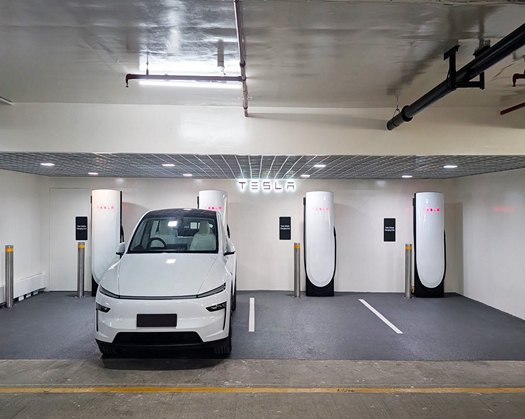New Delhi: According to a joint study by the Confederation of Indian Industry (CII) and KPMG, India's defense sector is predicted to grow dramatically by 2047, with total spending reaching Rs 31.7 lakh crore.
This represents a substantial increase from the Rs 6.8 lakh crore set aside in 2024-25, with a nearly fivefold rise over the following two decades.
According to the report's most recent projections, India's military output will likewise expand significantly. It is expected to reach Rs 8.8 lakh crore by 2047, up from Rs 1.6 lakh crore in 2024-25.
The government also intends to increase its military exports from Rs 30,000 crore now to Rs 2.8 lakh crore by 2047.
The study also stated that one of the primary objectives of the future defense strategy is to boost the proportion of capital expenditure in the overall budget. This proportion is expected to climb from 27% in 202425 to 40% by 2047, indicating increased expenditure in infrastructure, technology, and weaponry systems.
India's expenditure on military research and development (R&D) will also increase, from 4% to between 8% and 10%. The proportion of GDP devoted to military is predicted to climb from 2% to 45% by 2047.
These advancements are expected to boost India's global standing in military spending. India is now ranked fourth, but is expected to rise to third by 2047.
However, the study emphasized that the reliance on defence imports for critical technology remains a major issue, limiting self-sufficiency and innovation in the domestic defence production sector.
Furthermore, the report highlighted a scarcity of qualified personnel to support sophisticated technological advancements and manage complex defense systems.
Another concern highlighted in the study is geopolitical conflicts that create continuous hazards and may divert attention and resources away from long-term development objectives.
At the same time, India's strategic position in South Asia, as the geopolitical and economic leader of the global South for the past decade, has reinforced the necessity for a strong and flexible defense posture.
The report emphasized the importance of the commercial sector, stating that establishing strong public-private collaborations is necessary but challenging, as the private sector requires incentives and assistance to enter and remain in the defense production industry.
Intellectual property (IP) and technology transfer challenges with foreign colleagues are additional barriers to self-reliance.

